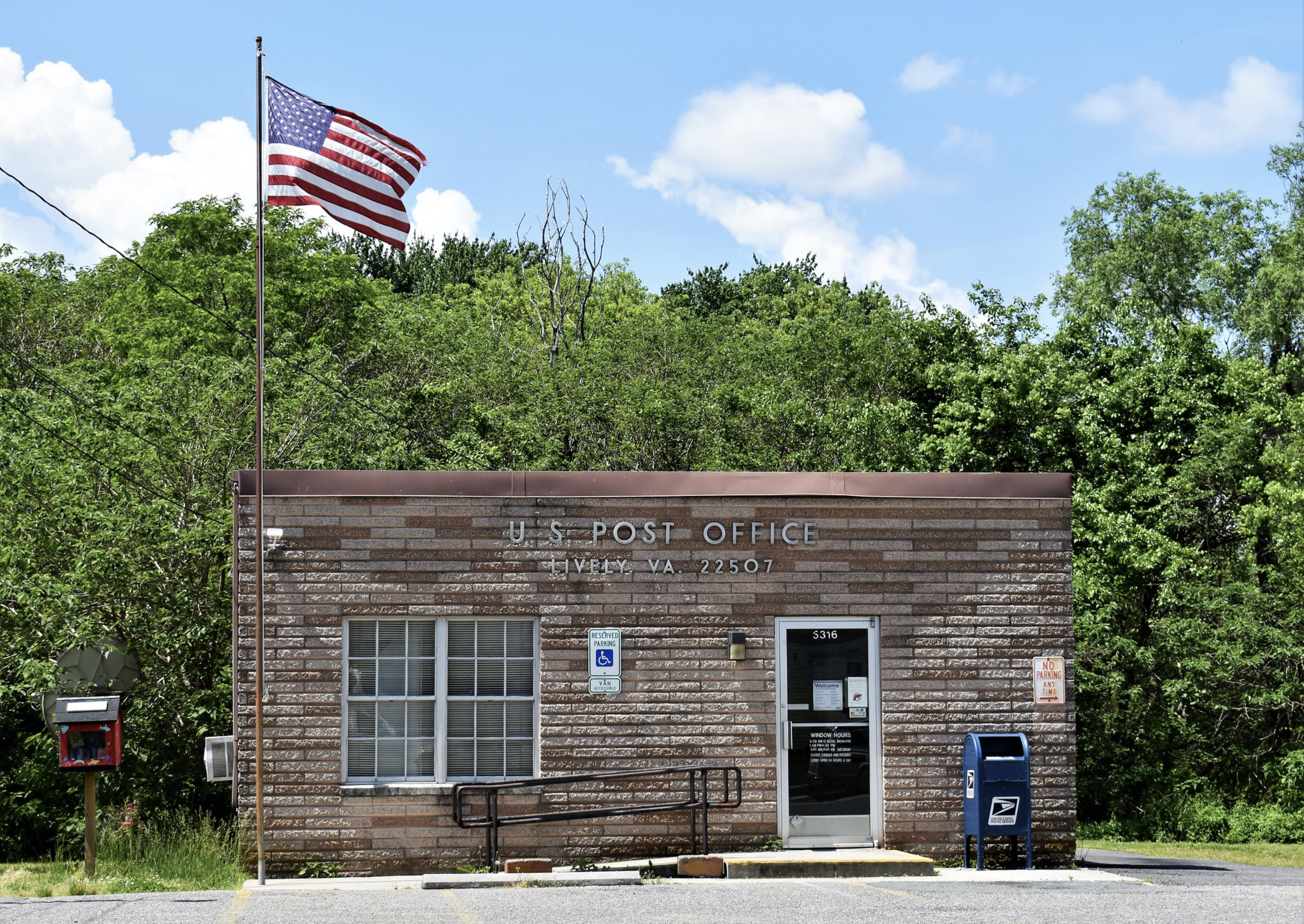
The United States Postal Service has begun offering financial services in four cities, including Baltimore, in the direction of potential returns in the postal banking system.
The pilot program is also underway in Washington D.C.; Falls Church, V .; And the Bronx, NY
While the event is extremely limited – with only one post office participating in each of the four areas – it has the potential to expand.
New services include ATM access, check cashing, bill payment and incremental and extended money orders and wire transfers. Postal customers can redeem paychecks for Visa gift cards with a maximum of $ 500.
Postal banking has made a comeback in recent years, gaining traction among democratic politicians and activists.
Proponents of postal banking argue that it is a way to revive the struggling U.S. Postal Service and make payment services more accessible to middle- and low-income Americans.
According to a 2010 survey by the Federal Deposit Insurance Corporation, 5.5% of households in Baltimore, Columbia and Tucson have a bank account, meaning they do not have a bank account or use banking services. That number is up from 1.8% of households in 2017.
Given the growing number of closing bank branches, Americans in both urban and rural areas will live in a “banking desert,” with no access to financial services. In 2020, US banks closed 3,324 branches across the country, according to S&P Global Market Intelligence.
Advocates of postal banking also point to the long and successful history of the system in the United States.
The system became popular in the 1890s during the democratic movement. In the early 20th century, working people argued that postal banking would provide financial security and affordable credit.
Postal Banking was officially established in 1910, following the fears of 1907, the first global financial crisis of the 20th century. The system lasted 56 years until it was shut down in 1967 when bankers lobbied to end the service.
Disclaimer: The views, suggestions, and opinions expressed here are the sole responsibility of the experts. No Economyessential journalist was involved in the writing and production of this article.
